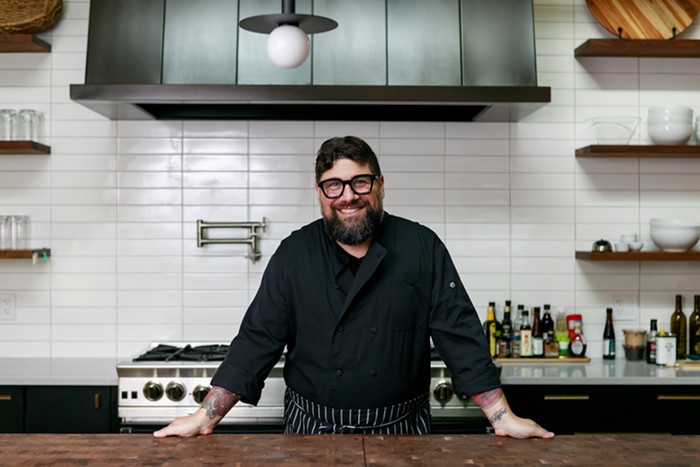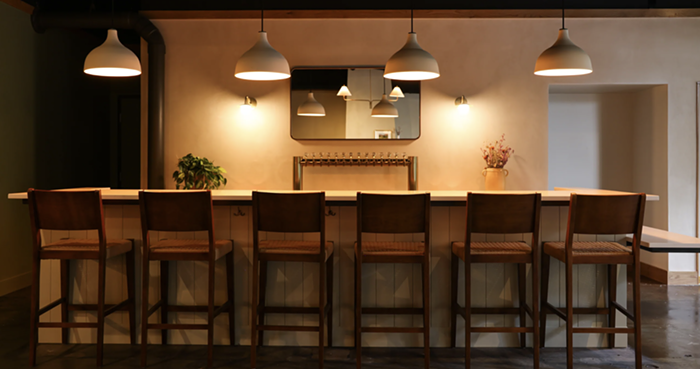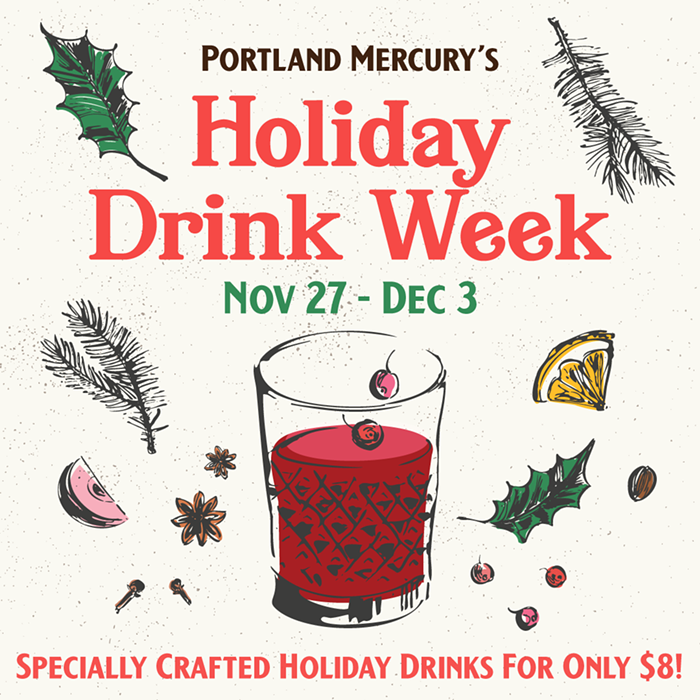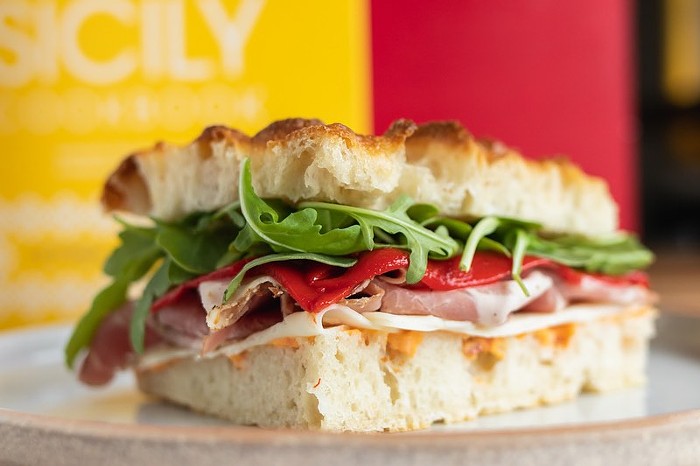I talked this morning with Rachel Libon, a Red and Black co-owner since 2006, about how the cafe has managed to survive the past ten years.
MERC: You've gone from serving meat to being an all vegan restaurant. Who drove the change—workers or customers?
RACHEL: I think it was a little bit of both. When the cafe first opened, the only meat item on the menu was a turkey sandwich. I think that was a pretty easy transition to drop the turkey sandwich. When we moved, we decided to go all vegan because a lot of our workers are vegan and we felt like a lot of our customers were as well. For a long time, we still served milk for coffee drinks but we actually couldn't meet our minimum dairy order and would have to throw out a lot of milk. People just weren't ordering it.
How are customers pushing you now? Are you trying to become more sustainable food wise even after becoming all vegan?
We're definitely always trying to find local, smaller vendors to support, especially vendors who sell organic food with as little packaging as possible. We now buy produce from Sauvie Island Farms, Red Truck Farm and Project Grow. We're also getting local kombucha, all of our beer is local, we've started getting all of our herbs from an herb farm in Eugene.
Four more quick questions below the cut.
Portland is all about supporting community, etc, why are there only two collective cafes [Red and Black and Star E Rose] in the city?
I think historically there have been several compared to other cities, there was Redwing for a while and Back to Back and Muddy Waters, but a lot of those places transitioned to sole proprietorship or went out of business. I don't think that necessarily shows that collective restaurants are harder to keep going, but there's a ton of restaurants in this town. It's a tough industry to stay afloat in.
What's the Red and Black's secret? How are you guys still around?
I think part of it is momentum and community support. We have managed to be really proactive about building alliances with other community groups and social movements, so we have a lot of support from the community. Also dedicated workers who are willing to stick around and see projects through. We definitely wouldn't have been willing to pull off the move if we hadn't been able to stick out it even when we didn't have a space and when we were unemployed.
What kind of groups have you guys partnered with?
We're a closed IWW [International Workers of the World] shop and we've always had a pretty strong relationship with the IWW branch, so that's one of our main alliances. We have been all vegan since we relocated and since we're right around the corner from the vegan mini mall, we definitely have a lot of support from the vegan community and people who support animal rights issues.
Any veteran wisdom for other collectives trying to start up in town?
I definitely think it's really important to develop a mission statement and a vision statement as well as personnel policies so that everyone's on the same page. I would also advise any startup to really carefully develop a business plan and think about what's financially viable and figure out what sacrifices co-owners can make to get it off the ground in the beginning. NoBAWC in San Francisco and the US Federation of Worker Co-operatives are both great resources.



















